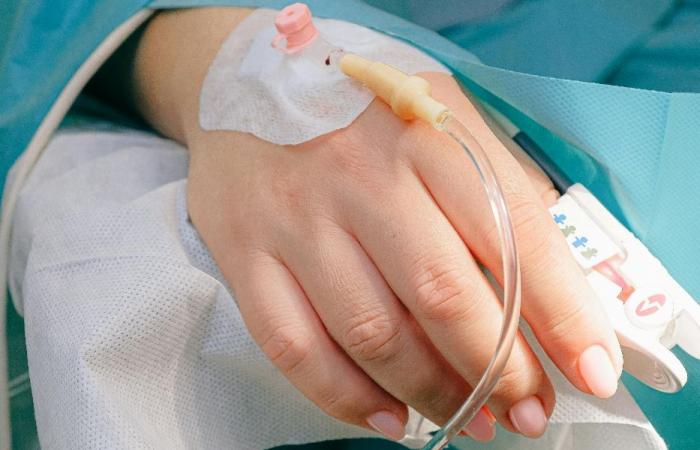Still on the subject of life-sustaining treatments, there is awaiting a ruling from the Constitutional Court that should be issued in a few days. For the purposes of being able to access assisted suicide, are only mechanical devices without which life is impossible considered such, or any therapy whose suspension would cause the patient’s death in a time that is not necessarily short? This is the question that the constitutional judges, urged by the investigating judge of Florence, will have to answer. These are the facts: Massimiliano, 44 years old, suffered from multiple sclerosis. At least apparently he bore within himself all the conditions to which the Constitutional Court, with ruling 242/2019, subordinated the possibility of not prosecuting anyone who helped him die. However, one was missing: the submission to life-sustaining treatments. Despite this, as has happened in other cases, Marco Cappato and two other radical exponents accompanied the man on his last trip to a specialized center in Switzerland, only to then find themselves investigated for assisted suicide after their self-report.
And here is the defense, supported by the investigating judge of Florence and now under consideration by the Constitutional Court: in their opinion, any medical practice whose suspension causes death in a short time constitutes the requirement of being subjected to life-sustaining treatment. However, this is not the case for the Science & Life Study Center, which together with the Union of Italian Catholic Jurists has availed itself of the possibility of sending its own written opinion to the Court, transmitted in the capacity of “amici curiae”. In short: as scholars of law, even if technically unrelated to the case that will be the subject of the future ruling by the judges. For them, the issue under consideration by the Constitutional Court would be irrelevant and inadmissible: even before speaking of life-sustaining treatment – this is in fact the argument of the two Christian-inspired entities – it must be considered that in the case in question other conditions are also missing that the Constitutional Court has established to decriminalize assisted suicide. The first of these is the prior subjection of the patient to a cycle of palliative care, which according to the Constitutional Court ruling 242/2019 should have constituted the “prerequisite” for any other choice, including assisted suicide. There are also serious doubts about the presence of a true freedom of suicidal will on the part of Massimiliano: here the Catholic associations transcribe part of the constitutional ruling 141/2019, pronounced on the subject of prostitution, which notes how “the borderline between authentically free decisions and decisions that are not is already fluid on a theoretical level”, because it may happen that such vulnerability can “condition and limit the individual’s freedom of self-determination”.
Scienza & Vita and the Catholic Jurists then delve into some technical issues, which however have great legal importance. For them, the question posed is inadmissible, also because the investigating judge of Florence is not asking the Court to rule on the constitutionality or otherwise of a rule but on what is the correct interpretation of a previous ruling by those same judges. Indeed: «On a careful reading of the order in question – the associations point out –, it seems to present itself as a real burden against the aforementioned decision no. 242» of the Court. In short: the investigating judge is asking the Constitutional Court to review its 2019 ruling, widening its scope. A procedure that does not exist for constitutional law. Coming then, towards the end of their opinion, to comment on the specific issue on which the Consulta will shortly rule, Scienza & Vita and Giuristi cattolica explain that considering even a pharmacological therapy as a vital treatment would mean eliminating «an essential substantial requirement in the 2019 decision», and therefore affirming «a principle of availability of human life for every situation of incurable disease and suffering: a principle foreign to our legal system».






